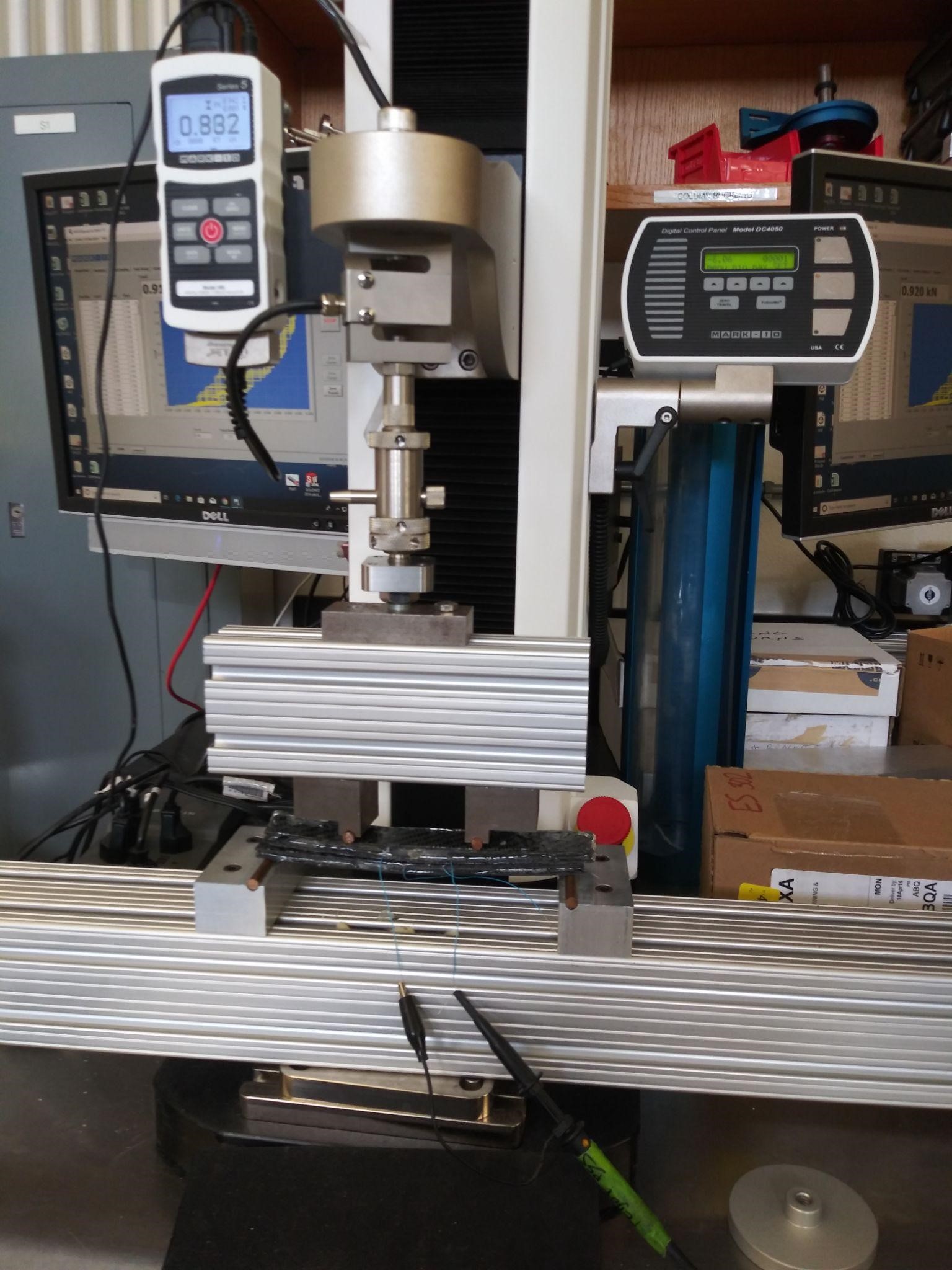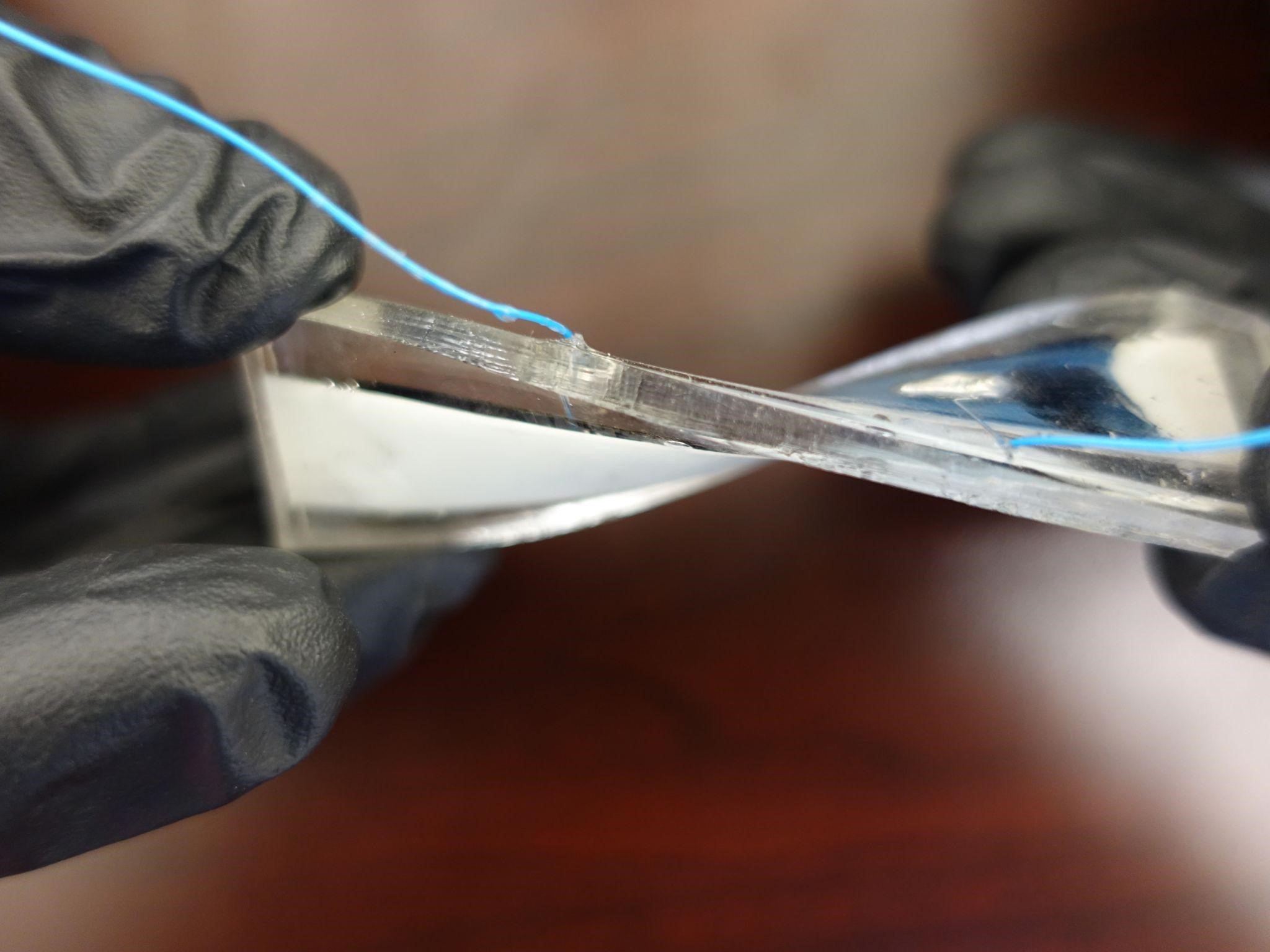Student Spotlight: Alfred Mongare
April 25, 2022

Alfred Mongare, a graduate student who has been at New Mexico Tech since 2018, is about to graduate with his Ph.D. in Mechanical Engineering. He received his Master’s in Material Science from the University of Arlington, Texas, before deciding to continue and finish his education at Tech.
Considering that the Mechanical Engineering program graduated its first two P.h.D. students last year, Mongare will be one of the first students to receive a P.h.D. in Mechanical Engineering from New Mexico Tech. Of course, getting any degree from Tech means a lot of hard work, and Mongare has put in quite a lot of it.
Mongare has participated in three international conferences and has been a significant part of multiple presentations here at Tech. The most recent conference that Mongare participated in was hosted by the American Society of Mechanical Engineers in September 2021. Mongare’s paper was selected as a part of the Best Student Paper Competition category. Mongare was awarded third place overall!
Alfred Mongare is currently performing research in the Smart Materials Lab alongside Dr. Donghyeon Ryu. His work in this lab consists of running tests on different materials to determine specific properties relating to the materials. Throughout his education, Mongare has authored or co-authored five technical publications on topics such as smart materials and polymers.

Currently, Mongare is working on wrapping up his dissertation and publishing journal papers based on his research. One of the journal papers features employing self-powered mechano-luminescence optoelectronic (MLO) composites for vibration-based damage detection. The MLO composites are instrumented in structures with and without damage. A natural frequency is then obtained from the MLO composites attached to both structures and compared to evaluate the damage. This research is significant and has quite the potential because it addresses the current issues with external electrical power dependency in structural health monitoring. Furthermore, this research has enough potential that Dr. Ryu’s research group is considering collaborating with more institutions to help fund and improve their research.